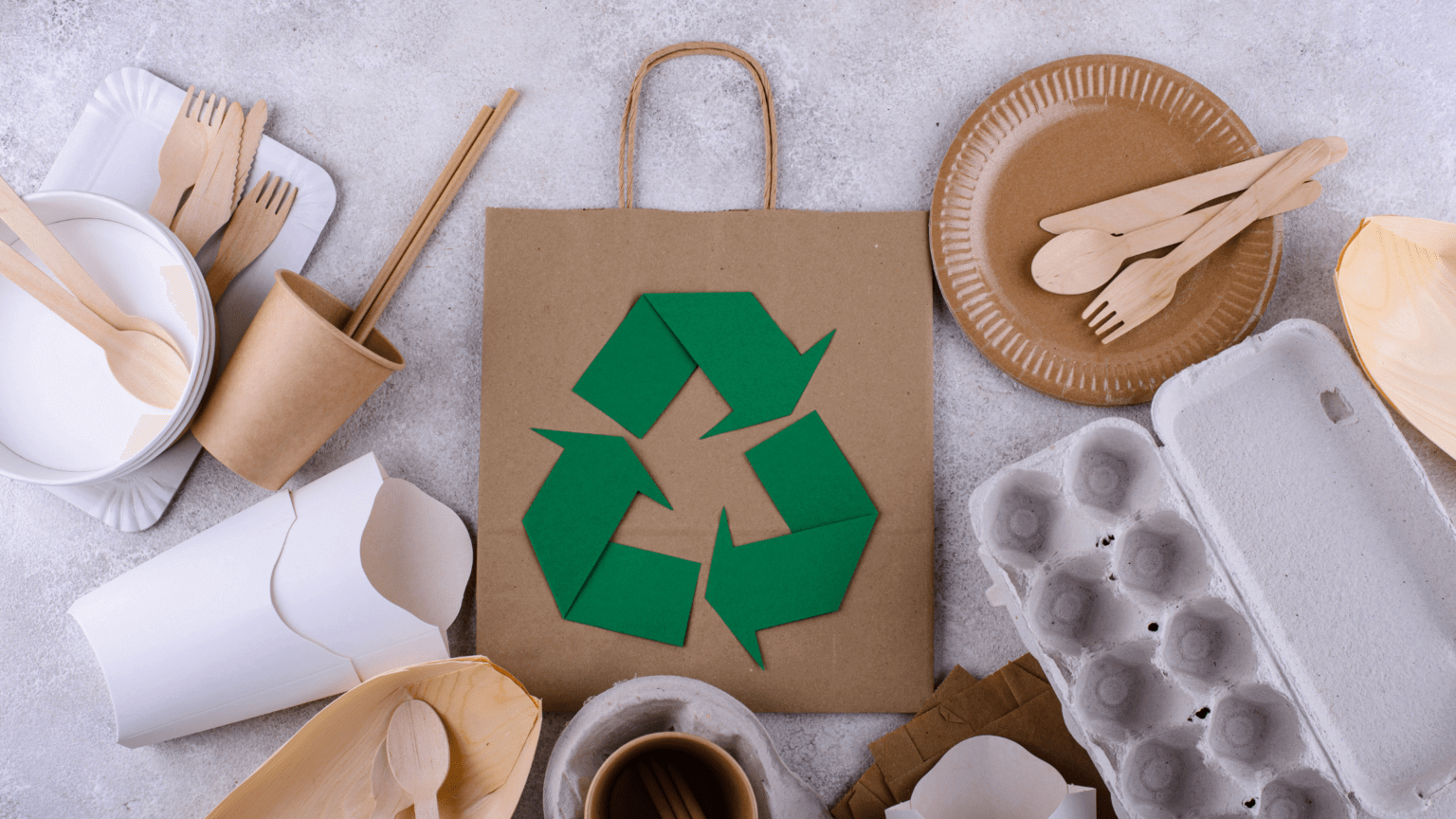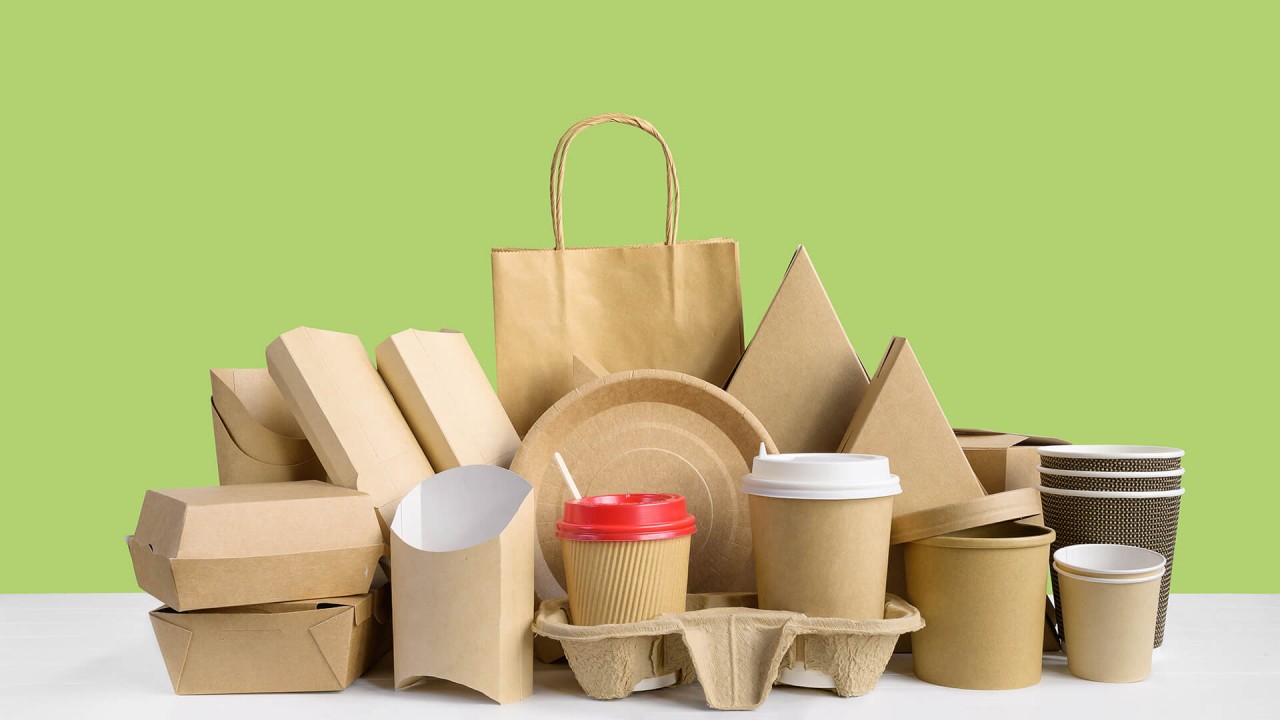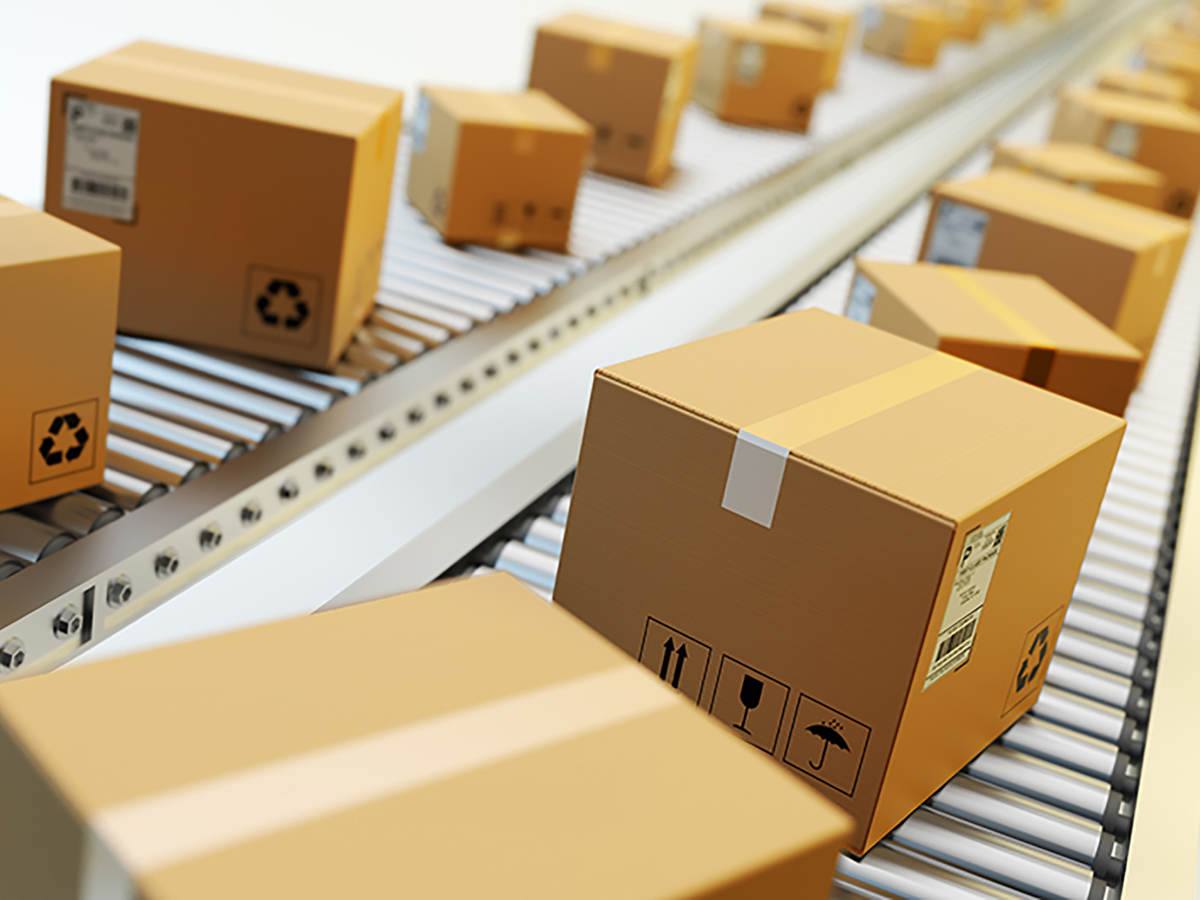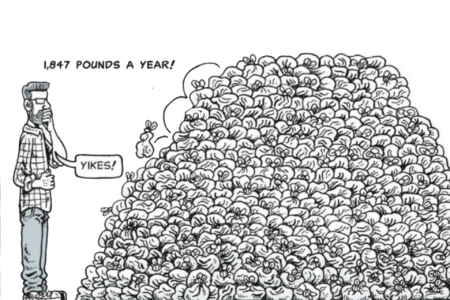
Introduction:
In today’s era of growing environmental concerns, sustainable packaging plays a crucial role in addressing these issues. This article aims to provide a comprehensive understanding of sustainable packaging and emphasize the responsibility of manufacturers in implementing sustainable practices.
Historical Background:
Packaging materials and practices have evolved significantly over time, from simple materials like leaves and animal skins to the modern use of plastics and metals. This article will delve into key milestones and events that have shaped the development of sustainable packaging. It will shed light on the emergence of environmental consciousness and its impact on packaging practices.
Key Concepts and Definitions:
To establish a solid foundation, this section introduces key concepts and definitions related to sustainable packaging. It explains the principles that guide sustainable packaging and emphasizes the role of manufacturers in adopting sustainable practices. Additionally, relevant terms such as lifecycle assessment, circular economy, and eco-design will be introduced and discussed.

Main Discussion Points:
Designing for Sustainability:
Designing packaging with environmental impact in mind is crucial. This section explores the importance of considering sustainability during the design phase and highlights strategies and practices for sustainable packaging design. Furthermore, it showcases examples of innovative packaging designs that minimize environmental impact.
Material Selection and Sourcing:
The significance of sustainable packaging materials and their benefits are emphasized in this section. It explores the challenges and considerations involved in sourcing such materials. Additionally, case studies of companies successfully implementing sustainable material sourcing practices will be presented to provide practical insights.
Waste Reduction and Recycling:
Reducing packaging waste and promoting recycling are key aspects of sustainable packaging. This section delves into the importance of waste reduction and strategies for improving recyclability. It also presents examples of manufacturers who have implemented successful recycling initiatives.

Case Studies or Examples:
To provide real-world examples, this section presents three compelling case studies. The first example focuses on Company X and showcases its successful integration of sustainable packaging practices. The second case study discusses a sustainable packaging solution in the food industry that has yielded positive results. Lastly, the article explores the impact of sustainable packaging on consumer perception and buying behavior.
Current Trends or Developments:
Continuing the discussion, this section provides an overview of recent trends in sustainable packaging practices. It highlights technological advancements and innovations in sustainable packaging materials. Furthermore, the article presents research findings on the environmental benefits of sustainable packaging.
Challenges or Controversies:
Implementing sustainable packaging practices may encounter challenges. This section addresses these obstacles faced by manufacturers and provides potential solutions. Additionally, controversies surrounding the use of certain sustainable packaging materials or practices are discussed, along with differing viewpoints on their effectiveness and feasibility.

Future Outlook:
The article speculates on the future direction of sustainable packaging practices. It discusses potential regulatory changes and their impact on manufacturers. Moreover, predictions are made regarding the role of sustainable packaging in the circular economy.
Conclusion:
In conclusion, this article has provided a comprehensive analysis of sustainable packaging, highlighting its evolution, importance, and the responsibility of manufacturers. By summarizing the main points discussed, this section reinforces the significance of manufacturers’ commitment to sustainable packaging. It concludes by encouraging further research and awareness on the topic.




